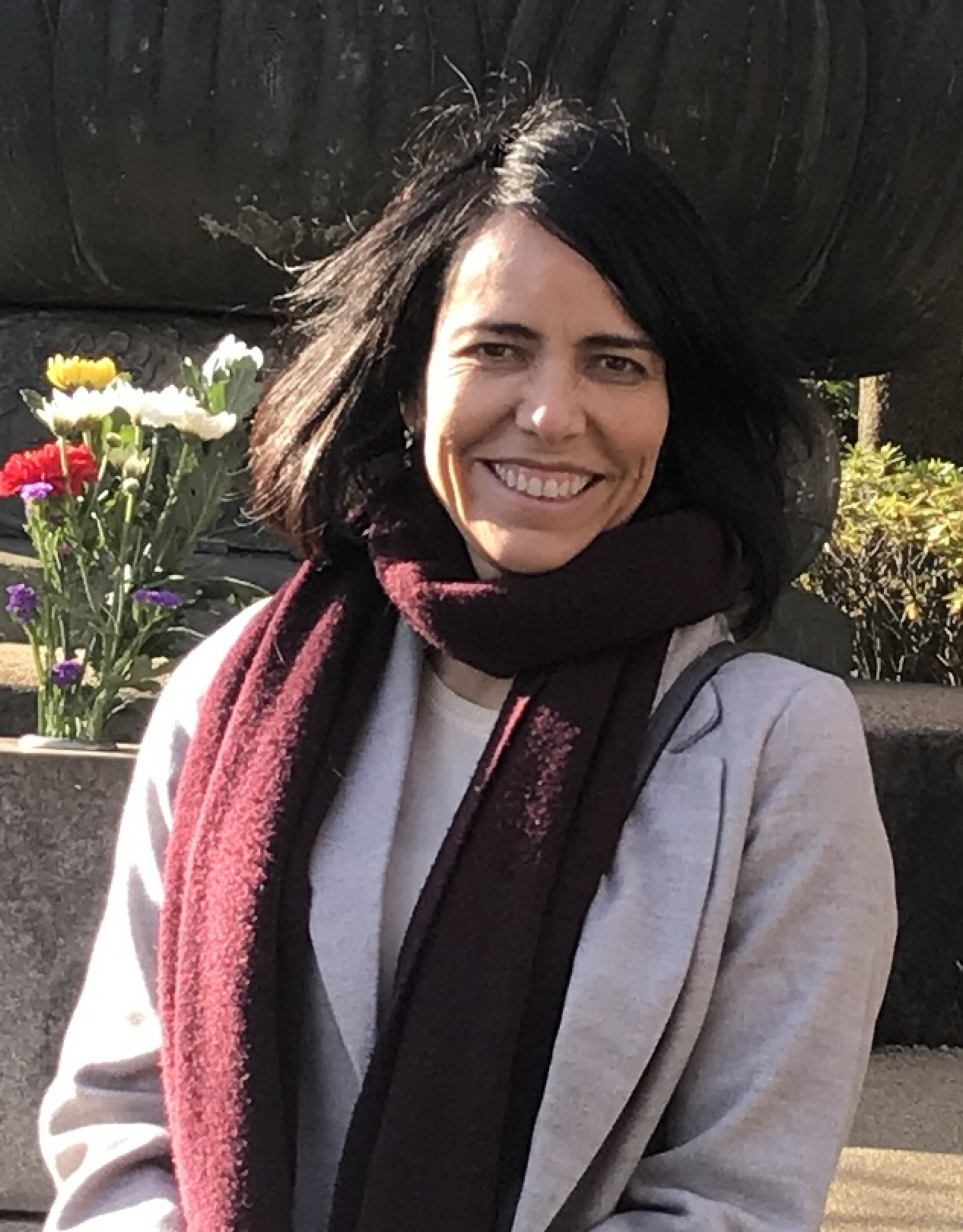
Graham H. Stuart Professor of International Relations
Professor of Political Science
Director of Poverty, Violence, and Governance Lab
Senior Fellow at the Freeman Spogli Institute for International Studies
Affiliated faculty at the Center on Democracy, Development, and the Rule of Law, the Center for Global Ethnography & Stanford Center on Global Poverty and Development
I am the Graham H. Stuart Professor of International Relations, Professor of Political Science and Senior Fellow at the Freeman Spogli Institute at Stanford University.
My research focuses on the political economy of development. My work covers the following themes: the study of authoritarian regimes; violence, public security and human rights; “non-state” forms of governance; distributive politics and the provision of public goods. Much of my research has been on Latin America.
I am the author of Voting for Autocracy (2006, Cambridge University Press), winner of the Leon D. Epstein Outstanding Book Award for the best book written in the previous two years on parties and elections and the Comparative Democratization Section Best Book Award from the American Political Science Association).
I am also the author of The Political Logic of Poverty Relief: Electoral Strategies and Social Policy in Mexico (2016, Cambridge University Press), co-authored with Alberto Diaz-Cayeros and Federico Estévez).
I am the winner of the 2023 Stockholm Prize in Criminology, the world's most prestigious award in the field of criminology that is considered the equivalent of a Nobel in the field. The motivation for awarding the 2023 Stockholm Prize in Criminology was summarized this way by the jury: "The 2023 winner of the Stockholm Prize in Criminology is the leading scholar in the world for demonstrating that major changes in policing can increase compliance with the rule of law under the challenges of high violence levels and strong popular demand to reduce crime." You can find the entire award ceremony using this link.
I was awarded the 2024 Boris Mints Institute (BMI) Prize for my work on authoritarianism and its return as a global challenge. Previous BMI laureates include Robert Axelrod, Nobel Prize laureate Michael Kremer, and Jeffrey D. Sachs. You can read my full statement on the award here.
My article "Killing in the Slums: Social Order, Criminal Governance and Police Violence," published in the American Political Science Review in May 2020 Vol 114 No. 2 (with Edgar Franco and Vanesa Melo) won the 2021 Heinz I. Eulau Award for the best article published in American Political Science Review.
A recent article, "Institutionalized Police Brutality: Torture, the Militarization of Security, and the Reform of Inquisitorial Criminal Justice in Mexico" (with Luis Rodriguez), published in the American Political Science Review in 2020 Vol 114 No. 4, was featured in the journal's monthly blog 12/2020: "Conversations with Authors"
My articles have appeared in the American Political Science Review, American Journal of Political Science, Cambridge Journal of Evidence-Based Policing, Journal of Conflict Resolution, World Development, Comparative Political Studies, Annual Review of Political Science, Latin American Research Review, International Journal of Educational Development, Latin American Politics and Society, International Journal of Public Opinion Research, Journal of Theoretical Politics, and Política y Gobierno.
I am the founding Director of the Poverty, Violence, and Governance Lab, a place for action–oriented research that establishes partnerships with government agencies, police departments, and civil society organizations to conduct research that aims to generate knowledge as to what works and doesn’t to control violence, improve the functioning and accountability of security institutions, restrain human rights abuses, and increase opportunities for at-risk youth. The Lab engages researchers and students — undergraduates, M.A., and Ph.D. candidates — from the fields of political science, education, economics, international policy studies, and engineering.
I received my Ph.D. in Political Science from Duke University. I also hold a Law degree from the Instituto Tecnológico Autónomo de México (ITAM).
Homicide and violence have taken on a different form in the early 21st century, where conflicts arising from international and civil wars are no longer the deadliest causes of interpersonal violence afflicting developing countries. Latin America has become the most violent region of the world. With 8% of the world’s population but over 38% of homicides, the region is home to 43 of the 50 most murderous cities in the world.
Organized crime and illicit activities are at the heart of the violence epidemic. But so are ineffective and corrupt law enforcement and police. These challenges have fueled public pressure to enlist the armed forces to assist the police in combating crime. Mano dura security strategies, bringing about a denial of due process and basic civil rights, have introduced elements of authoritarianism into democracies, leading to “hyperpunitive” criminal justice practices and widespread violations of human rights.
Societies with high levels of socioeconomic inequality tend to suffer from higher rates of homicides, where factors such as high youth unemployment, family disruption and lack of state presence often make a life of criminality an attractive option for youth. Chronic exposure to violence, moreover, generates a poverty trap through the way it affects the development of children, undermining their capacity to learn cognitive skills and also their self-control, moral compass, and empathy, critical barriers to engaging in violent behaviors. How can we stop this devastating epidemic?
Although crime-related violence is a multifaceted phenomenon, a fundamental step to begin to unravel this highly destructive social behavior is to understand violence through the analysis of several interdependent causes: the behavior of criminal organizations, the performance of police, justice corporations, and security policies; societal responses to organized criminal groups and police forces; and prevention strategies that may allow at risk youth to become more immune to the influence of criminal organizations and violent gangs. These themes have become the foci of my latest research.